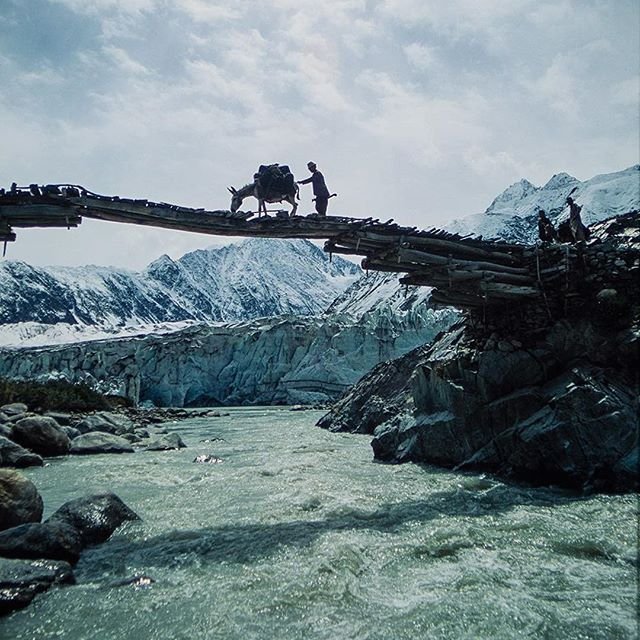By Ashiq Ali
Broghil, the most neglected valley in Hindu Kush Mountains, need government attention
The Pamiri Wakhi people live in the remotest and most mountainous regions around Pamir Knot in four countries of High Asia — Afghanistan, China, Tajikistan and Pakistan.
In Pakistan, the Wakhi people live in three regions – Chitral’s Broghil Valley in Khyber-Pakhtunkhwa, Hunza District’s Gojal Sub-Division, and Ghizer District’s Ishkoman Tehsil in Gilgit-Baltistan. These regions connect Pakistan with China, Afghanistan and Tajikistan through the Wakhan corridor.
Every year a good number of domestic and international tourists visit these regions. So these valleys have an important position economically as well as geographically.
Although internationally the importance of the Pamir Knot and the role of Pamiri Wakhi people in protecting these geo-strategically important border areas has been recognised, in the 21st Century the people in Broghil Valley are mired in abject poverty and drug abuse; they do not have access to proper educational and basic healthcare facilities, as well as electricity and communication. During the winter season, the valley receives over 1.2 meters of snow. People remain cut off from the rest of the world for six months.
The majority of the population are suffering from various diseases mostly respiratory and psychological problems as they live at minus 20 degrees Celsius.
To fight harsh cold weather, they resort to using opium. There is no firewood and coal for heating and cooking purposes. Life becomes a standstill from October to March. Despite this harsh condition people are resilient and still say we‘re part of this state.
In 2011 Central Asia Institute (CAI) a non-government organisation came as a godsend for the people of Broghil. The institute launched some initiatives to serve the most neglected and deserving people when no one including INGOs and government authorities was ready to reach out to the people of Broghil.
CAI’s initiatives focused on providing facilities in the sectors of education, health and vocational skills. The institute set up initially eight primary schools, one secondary school and one higher secondary school in the valley and enrolled over 530 students and hired more than 40 teachers. It also provided fully-funded need- and merit-based scholarships to needy and talented students in urban centres.
Although education was a top priority of CAI and to some extent, it was able to solve the problem, it also made interventions in other sectors. Sadly state security agencies instead of helping it started harassing its staffers and froze their accounts.
This move abruptly disturbed the students and community rendering more than 40 teachers jobless. The state organs should have realized their negligence and have taken over the good initiatives of CAI to run the educational institutes.
The state instead of keeping alive the hopes of the people has stolen their dreams pushing them into a state of hopelessness and darkness.
Now it’s time for the policymakers, government functionaries, media and individuals to highlight the real issues of this remotest valley and take concrete measures to address the fundamental issues of the people of Broghil.
Ashiq Ali is a student of political science at Karachi University.

The High Asia Herald is a member of High Asia Media Group — a window to High Asia and Central Asia

